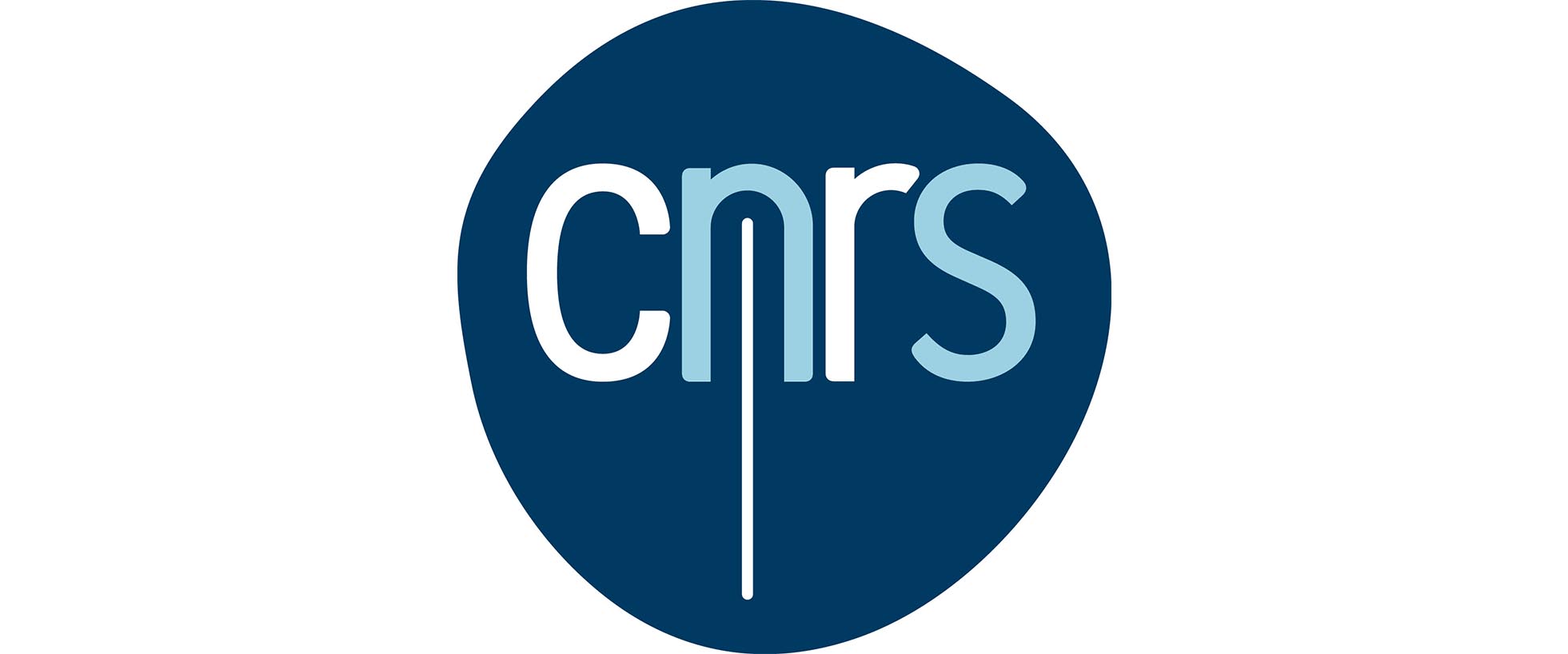Formalismes et Représentations de Raisonnements
When in need of discussing mathematical arguments, it is crucial for people to understand and agree upon what they are talking about. The aim of this course is to walk the students through major mathematical logic formalisms. The course is organised in two parts: a first part (re)introducing propositional logic and logical resolution through algorithms (Shortest-Clause search, forward chaining, backward chaining), and a second part presenting predicate logic along with proofs in natural deduction. The course contains many exercise discussions during class time, so students get to master logical formula transformations such as conversion in conjunctive normal form (CNF), substitution of variables and unification of terms.
Supports de cours
- Transparents du 1er cours : pour la prochaine fois, faire l’exercice s. 15, finir l’exercice s. 18.
- Transparents du 2ème cours
- Feuille d’algorithmes
- Transparents du 3ème cours : pour la prochaine fois, faire l’exercice s. 15, finir l’exercice s. 51.
- Transparents du 4ème cours
- Transparents du 5ème cours
- Présentation de l’algorithme d’unification écrite par Maxime Guillaume.
- Devoir Maison facultatif : à rendre le 02/03/20.
- Exemple d’unification
- Transparents du 6ème cours
- Transparents du 7ème cours
- Régles d’inference de la deduction naturelle
- Transparents du 8ème cours
- Transparents du 9ème cours
- Exemple : résolution en logique des predicats
- Feuille de rappels : algorithme de chaînage avant, algorithme d’unification, règle de résolution en logique des prédicats, tableau des correspondances pour la mise sous forme normale prénexe.
- Feuille d’exercices : substitution
- Feuille d’exercice et correction : deduction naturelle avec quantification
- Substitution : exercices et corrigés
- Devoir d’évaluation – sujet 1 : ce sujet est à rendre pour les personnes dont les trois premières lettres du nom de famille se situent entre ADJ et DEC (compris).
- Devoir d’évaluation – sujet 2 : ce sujet est à rendre pour les personnes dont les trois premières lettres du nom de famille se situent entre DUM et LEF (compris).
- Devoir d’évaluation – sujet 3 : ce sujet est à rendre pour les personnes dont les trois premières lettres du nom de famille se situent entre MIN et QUE (compris).
- Devoir d’évaluation – sujet 4 : ce sujet est à rendre pour les personnes dont les trois premières lettres du nom de famille se situent entre REM et ZLA (compris).
Sujets d’examens (années passées)
- Examen blanc
- Examen final 2018
- Correction examen final 2018
- Rattrapage 2018
- Examen final 2019
- Rattrapage 2019
Liens et lectures utiles
- Logicomix, Apóstolos Doxiádis et Christos Papadimitriou : pour ceux que l’histoire de la logique intéresse.
- Logique & Raisonnement — e-penser : une introduction à la logique en vidéo.
Research methodology
This course is designed to help students in their academic professional integration. The first part introduces the French research system (organisation in EPST; means of funding, where and how to find one, post-graduation prospects, etc.). The second part of the course goes through bibliographic research (where and how to research, citation rules, plagiarism risks) and the task of writing scientific reports, posters, presentations.
The slides are an adaptation of Laure Buhry‘s ones from the previous editions of this course.
Slides
Assessment
- Oral presentation and slides handout. 30 minutes presentations (20 min + 10 min of questions) about research systems in different countries. 6 to 8 groups of 1 to 3 people each.
Useful materials and links
- A place where all your questions about LaTeX will find answers: https://tex.stackexchange.com/
- A table-generation tool in LaTeX, HTML and others: https://www.tablesgenerator.com/
- If you don’t know how to TeX that symbol: http://detexify.kirelabs.org/classify.html
- LaTeX templates for any situation in your life: https://www.latextemplates.com/
- A minimal introduction to the French research system: https://sciences.univ-amu.fr/en/research/organization-of-french-research-systems
- CNRS homepage: http://www.cnrs.fr/en
- INRIA homepage: https://www.inria.fr/en/
- Typography: English, French, both
- What not to do in a presentation: https://www.youtube.com/watch?v=KbSPPFYxx3o
- An on-line spell checker for English: http://www.reverso.net/spell-checker/english-spelling-grammar/
- To help you translate your thoughts: https://www.deepl.com/
- Some positive advice for presentations & posters: http://www.winlp.org/winlp-2019-workshop/poster-slides-tips/
- How to communicate with professors: https://www.affordablecollegesonline.org/college-resource-center/communicating-with-professors/ (thank you to Emily M. Bender for this one)
- How to write an academic resume/CV: https://gradschool.cornell.edu/academic-progress/pathways-to-success/prepare-for-your-career/take-action/resumes-and-cvs/
- How to use LaTeX as a linguist: https://en.wikibooks.org/wiki/LaTeX/Linguistics
- How to pluralize acronyms in English: https://www.wikihow.com/Pluralize-Abbreviations,-Acronyms,-and-Initialisms#References
Feel free to send me any suggestions for this list!



